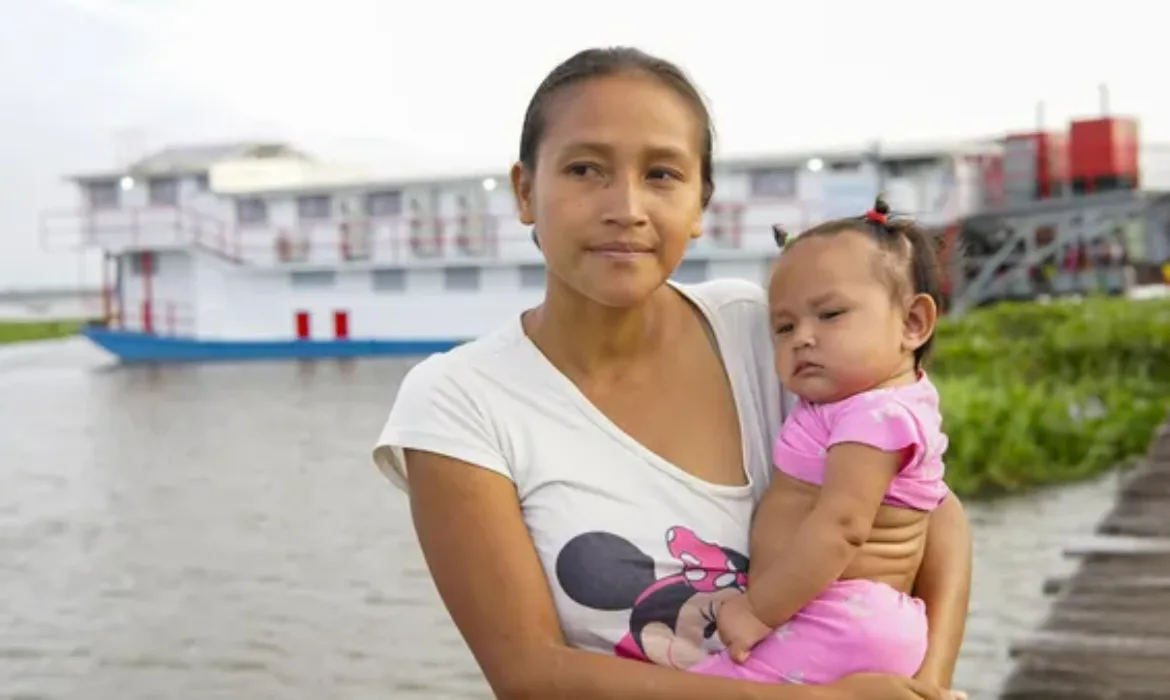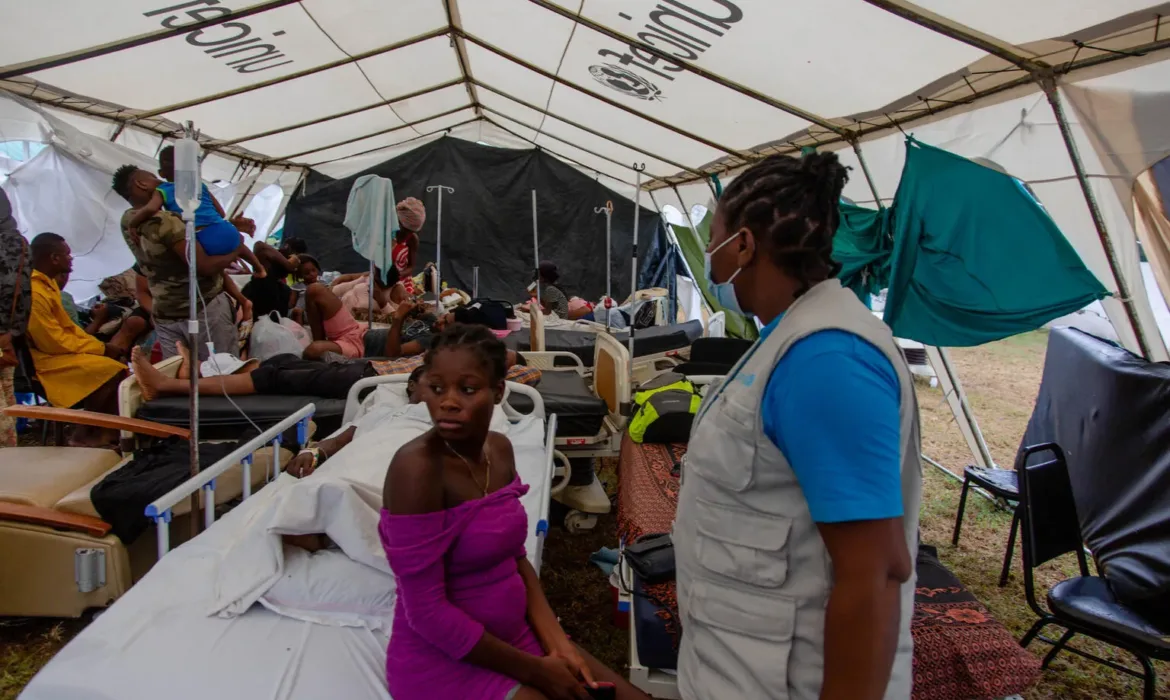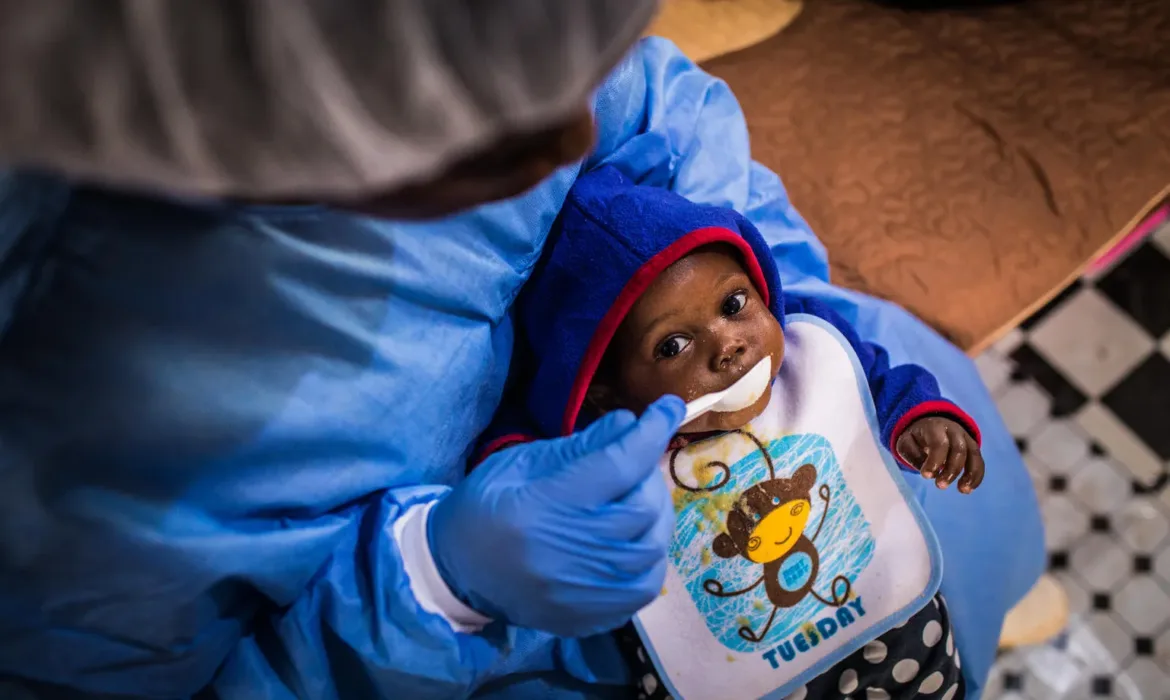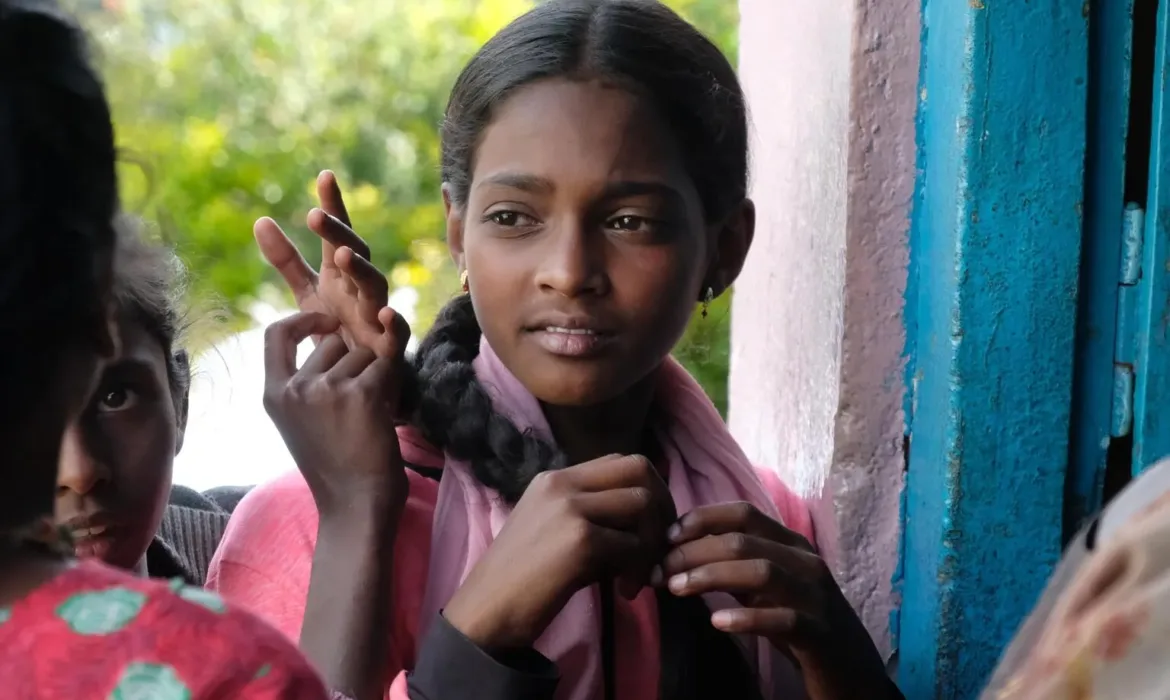
Ever ready for every child
CHILDREN’S EMERGENCY FUND
In times of crisis, children almost always suffer most. Worldwide, nearly one in four children live in areas affected by war or disaster.
Every year, UNICEF responds to an average of 300 humanitarian situations in around 100 countries. We cannot predict how many humanitarian crisis we will need to respond to each year, that is why we are designed to be able to significantly increase our response when required.
For 75 years, thanks to our supporters, we have been there for children and families in crisis. Gifts made in Wills are especially useful for helping in emergencies, as they provide flexible funds that allow us to respond rapidly.
A vital resource
In 2020 UNICEF responded to a record 455 humanitarian responses in 152 countries. This grew again in 2021 and UNICEF responded to 483 new or ongoing humanitarian crises in 153 countries. This year we’re already responding to crises in more than 50 countries.
Many humanitarian responses didn’t make the headlines, but the lives of children were at stake just the same. Our Children’s Emergency Fund (CEF) is vital for vulnerable children caught up in these under-reported or “silent” emergencies. It is also crucial for supporting children in the first hours or days after disaster strikes, allowing UNICEF to respond quickly and effectively before an appeal begins to receive public support.
Sri Lanka’s economic crisis is one of the latest children’s emergencies that have received support from CEF. With almost half of all children needing some form of emergency support. Children are disproportionately affected by the rapidly unfolding economic crisis.
Rising food and fuel prices, along with frequent power cuts, shortages of life-saving medicine, are particularly impacting the poorest and most marginalized children. More than 5.7 million people, including 2.3 million children, require humanitarian assistance. Sri Lanka is among the top ten countries with the highest number of malnourished children and the numbers are expected to rise further.

July 2022, Thulakshan, 5 years old, eats his meal while sitting outside his house in the village of Devapuram, Sri Lanka. Thulakshan is underweight. His younger sibling is receiving support for malnutrition.
Prepared wherever, and whatever
Last year alone, we used our Children’s Emergency Fund to quickly reach children affected by violence and disaster in countries including Ukraine, Philippines, Mozambique, Venezuela, and Haiti.
It also supported work with vulnerable communities to prepare for disasters so they’re better able to cope. And it helped us respond to complex, ongoing crises such as in the Democratic Republic of Congo and the Central African Republic.
Our Children’s Emergency Fund is one of the most effective and efficient ways to help reach children in crisis. It enables us to target support to specific areas, whenever it’s needed, without delay.
When an emergency hits, we are there ready to provide immediate, life-saving care and supplies, as well as lasting support to help families rebuild their lives.
Discover some of our 2021 CEF responses

On 14 August 2021, an earthquake 7.2 of magnitude hit the southwestern region of Haiti. UNICEF was on the ground immediately to provide life-saving aid and carry out rapid assessments of children’s needs to identify the most vulnerable.
In August 2021, a powerful earthquake hit Haiti, affecting about 1.2 million people. Storms and flooding further disrupted water supplies and access to shelter and basic services. The disaster claimed the lives of 1,400 people.
Thanks to the flexibility of support from sources like the Children’s Emergency Fund and gifts in Wills, UNICEF was able reach affected areas with medical supplies within hours of the earthquake. A UNICEF truck delivered six medical kits to three hospitals in Les Cayes, with enough supplies – including gloves, painkillers, antibiotics, and syringes – to treat 30,000 earthquake victims over for three months.
UNICEF also helped provide temporary toilets and showers and tarpaulins for emergency shelter.
Political and economic instability combined with clashes in border states, the COVID-19 pandemic and heavy rains and landslides created a complex humanitarian crisis in Venezuela in 2021. UNICEF reached around 1 million children with essential services and life-saving support.
UNICEF has innovated to ensure that Venezuelan children in remote communities in the Orinoco Delta receive medical attention in emergencies by supporting two river ambulances and a riverboat hospital to deliver faster and better maternal and child health care for the Warao indigenous population.










